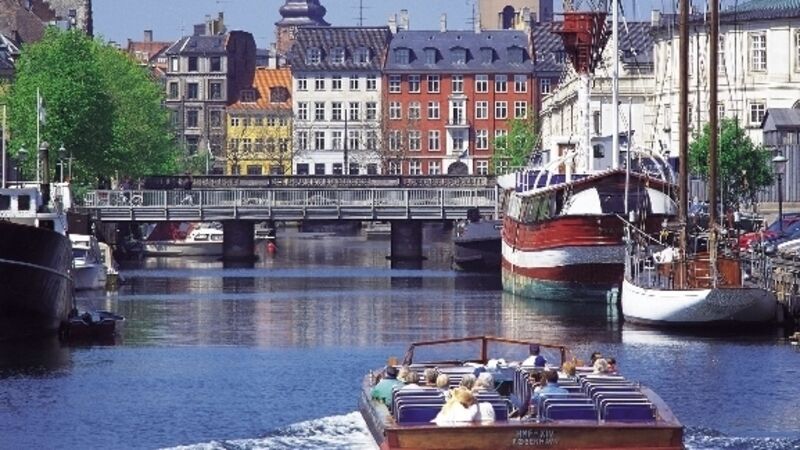Opening Lines

There was an almost palpable sense of exhalation, of relief. Copenhageners were walking around — actually, mainly cycling — with a lighter step (or bicycle frame) than before. When questioned about their good humour, they all replied with one voice: “The war is over.”
Specifically the Second Anglo Dutch War in 1666. Like a younger brother dragged along to the park to watch his older brother drink cans and smoke, England was at war with Denmark, so Ireland had to be too and our list of laws show we declared hostilities against the Danes in 1666. We found this out last week because the Government released a list of more than 4,000 old laws that may need to be done away with.















